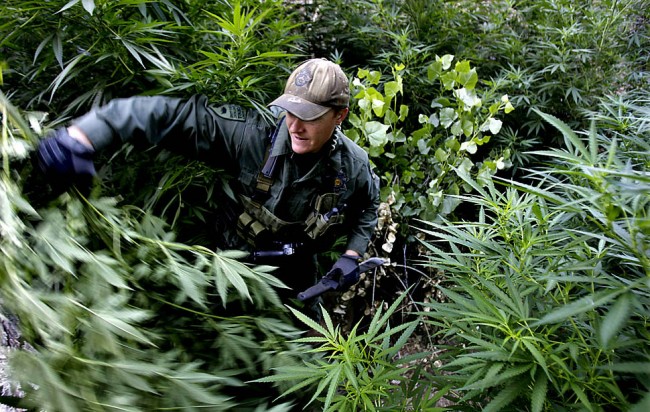“Marijuana (Cannabis sativa L.) is one of the first plants cultivated by man. Shrouded in controversy, the intriguing history of cannabis as a medication dates back thousands of years before the era of Christianity.
Scientists believe the hemp plant originated in Asia. In 2737 B.C., Emperor Shen Neng of China prescribed tea brewed from marijuana leaves as a remedy for muscle injuries, rheumatism, gout, malaria, and memory loss. During the Bronze Age in 1400 B.C., cannabis was used throughout the eastern Mediterranean to ease the pain of childbirth and menstrual maladies.
More than 800 years before the birth of Christ, hemp was extensively cultivated in India for both its fiber and healing medicinal properties. William Brooke O’Shaughnessy, an Irish physician famous for his investigative research in pharmacology, is credited with introducing the therapeutic, healing properties of cannabis to Western medicine. During the 1830’s Dr. O’Shaughnessy, working for the British in India, conducted extensive experiments on lab animals. Encouraged by his results, Dr. O’Shaughnessy commenced patient treatment with marijuana for pain and muscle spasms. Further experiments indicated that marijuana was beneficial in the treatment of stomach cramps, migraine headaches, insomnia and nausea. Marijuana was also proven to be an effective anticonvulsant.
From the 1840s to the 1890s, hashish and marijuana extracts were among the most widely prescribed medications in the United States The 1850 United States Census records 8,327 marijuana plantations, each larger than 2000 acres. Recreational use of marijuana was not evident until early in the 20th century. Marijuana cigarettes became popular, introduced by migrants workers that brought marijuana with them from Mexico. With the onset of Prohibition, recreational use of marijuana skyrocketed. During the early 1930s, hash bars could be found all across the United States.
Although protested by the American Medical Association, the 1937 Marijuana Tax Act banned the cultivation and use of cannabis by federal law. Under the law, cultivation, distribution and consumption of cannabis products for medicinal, practical or recreational was criminalized and harsh penalties were implemented.”
More: http://guardianlv.com/2013/06/marijuana-first-plants-cultivated-by-man-for-medication/







